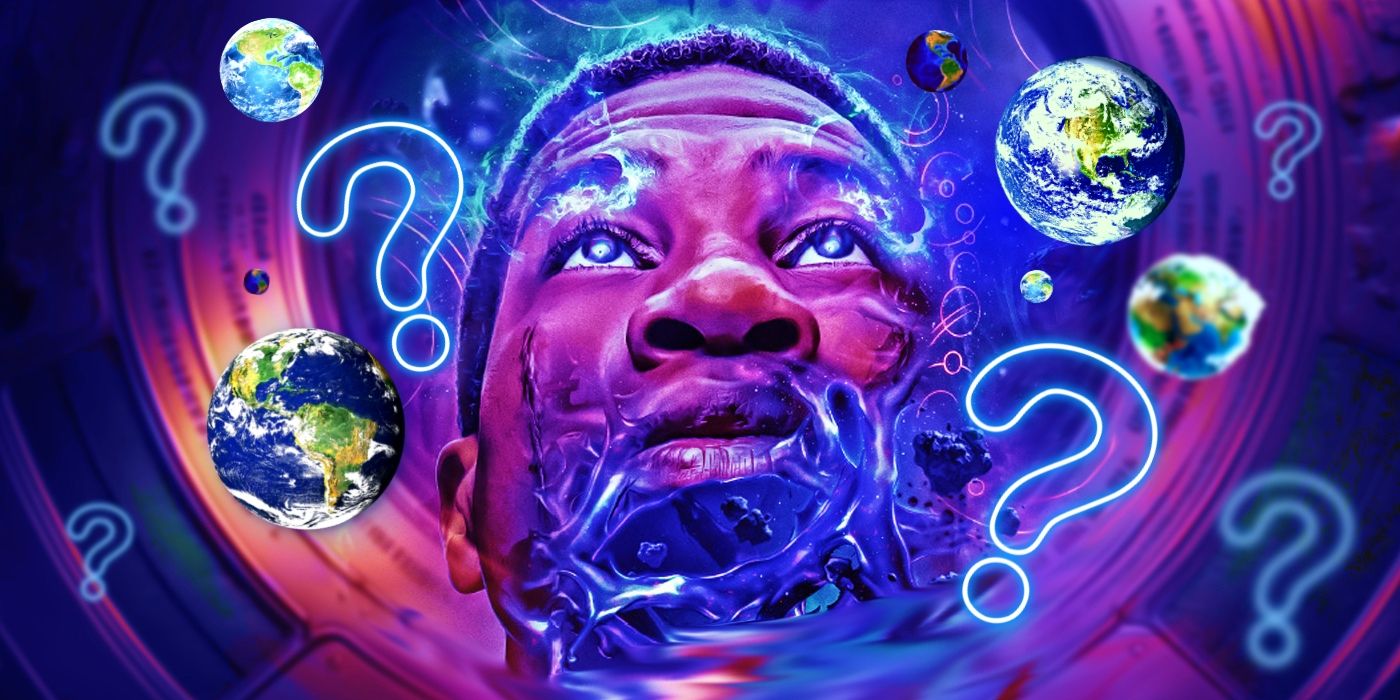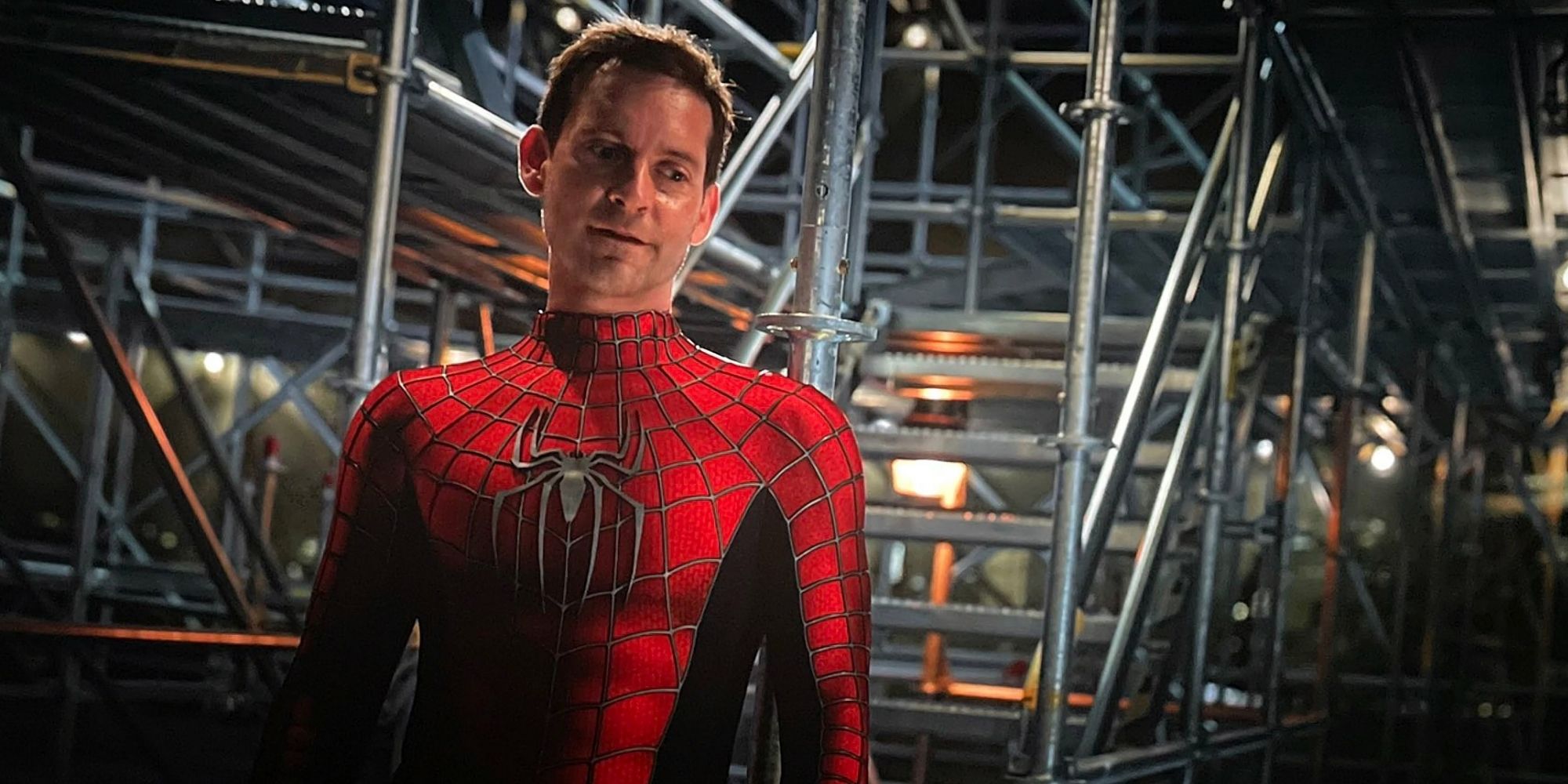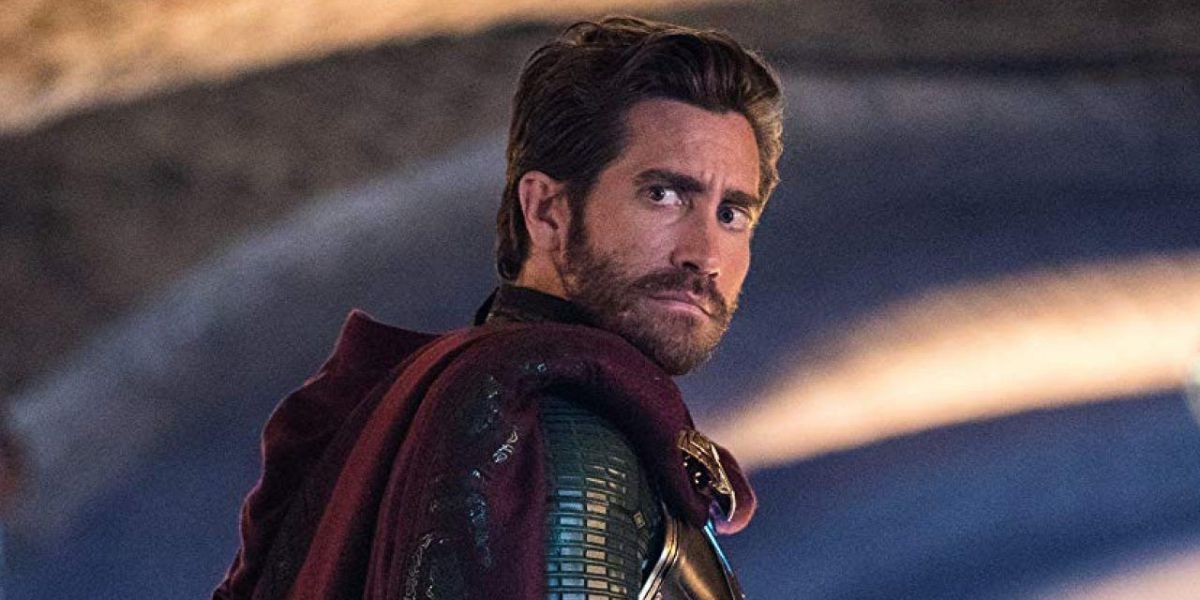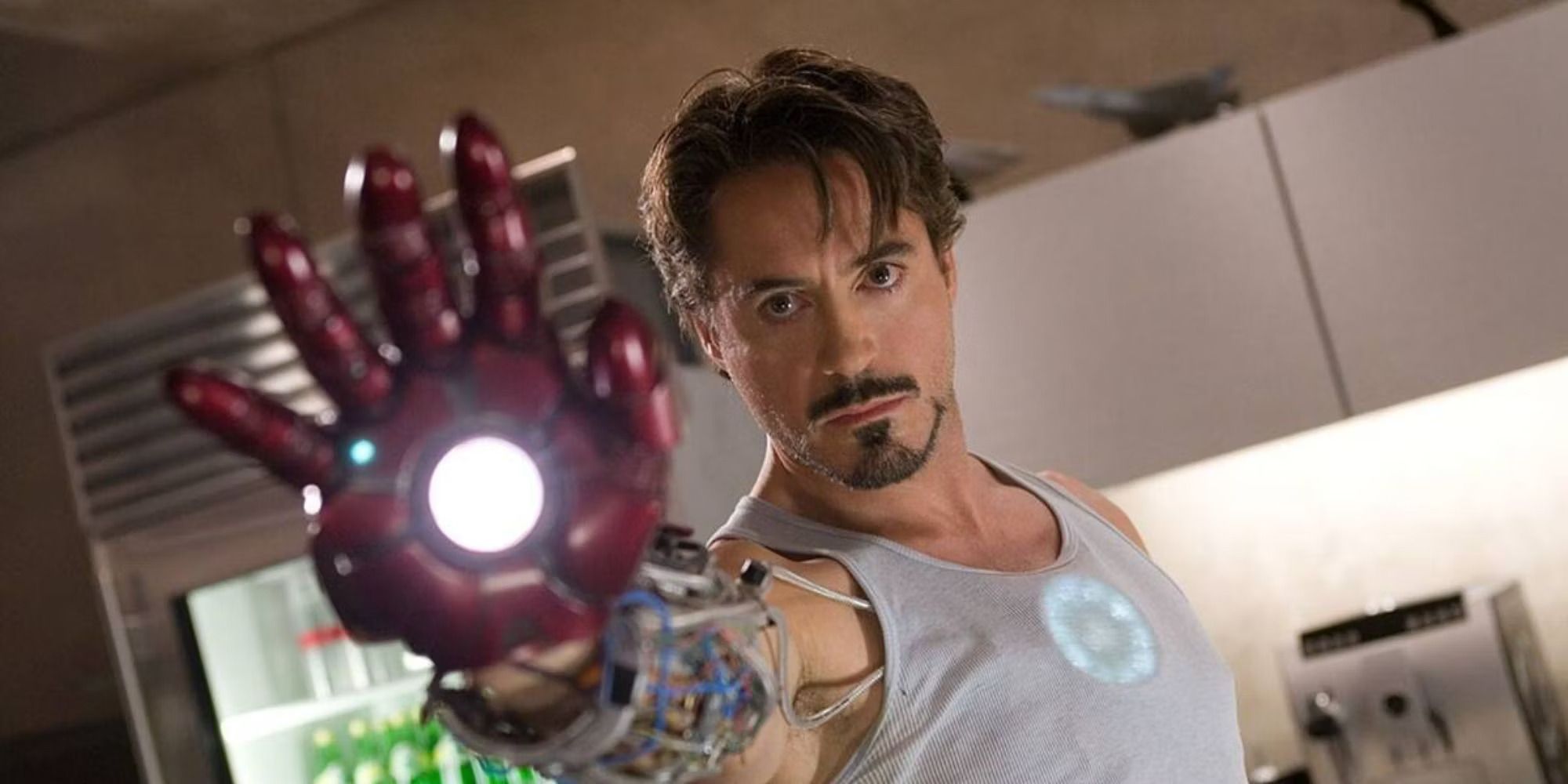With the MCU now in the thick of its Multiverse Saga, it raises the question of which universe the MCU is actually set in. Comic book fans in particular will be aware of the tendency for both Marvel and DC Comics to have an ever-growing multiverse with most projects neatly filed and ordered into their own corners and pocket universes. For example, Marvel Comics follows the Prime timeline, aka, Earth-616, where most of its stories are told. Earth-616 is so key to Marvel mythology, that it has continuously had stories told since 1961's Fantastic Four #1, all taking place in this universe.
Marvel Comics also explores Earth-1610, the Ultimate universe, Earth-811, where the X-Men failed to stop the Sentinels from taking over, Earth-2149, home to Marvel Zombies, and many, many others. DC decided to take the simpler approach and start with Earth Prime, and number worlds beyond this Earth 1, where many well-known heroes have alternate origins, Earth 2, where many of the golden age heroes like Jay Garrick and Alan Scott reside, Earth 3, where evil always triumphs over good, and so on.
The MCU Has Already Begun Introducing Characters From Other Universes
This expanding multiverse is now appearing on the big screen with the MCU (and ironically, the DCU at practically the same moment). In the Marvel animated series What If...?, a number of other realities were explored such as the Marvel Zombies universe and others where things were slightly different from the MCU that viewers are familiar with. Characters from other universes were also introduced in Spider-Man: No Way Home, where Tom Holland's Peter Parker is confronted by enemies of Spider-Men from other Earths, and teams up with Tobey Maguire and Andrew Garfield's versions of the character from Sam Raimi's Spider-Man trilogy and The Amazing Spider-Man duology respectively.
The multiverse was further explored in Loki, where a variant of the titular character breaks free from his timeline and comes face-to-face with the TVA, who up until that point were keeping the Prime MCU timeline from branching out and forming new realities. Doctor Strange in the Multiverse of Madness then saw Stephen Strange hopping through alternate universes alongside America Chavez, a young hero with the ability to travel through these universes at will.
What Earth Is the MCU?
As the timelines and list of realities continue to expand in the MCU, it is important to understand which Earth the MCU is focused on portraying. Many anticipated that the MCU was set on Earth-616 and there have been several things to hint at this throughout its run. The earliest reference appears in 2013's Thor: The Dark World, when Erik Selvig, still suffering from Loki's brainwashing and contact with the Space and Mind stones draws a series of diagrams with 616 in the center. Following this, Spider-Man: Far From Home 'confirmed' that they were on Earth-616 when Mysterio claims he is from another reality and traveled into the main MCU timeline, however, with Mysterio eventually revealed as a fraud, this couldn't be taken as fact, though it is interesting to see that he accurately predicted what reality they existed in.
The MCU finally confirmed its status as Earth-616 in Doctor Strange in the Multiverse of Madness, when Christine Palmer of Earth-838 confirms it as such. Her research and relationship with the 838 Illuminati, a superhero team formed of the greatest minds in the marvel universe including The Fantastic Four's Reed Richards (John Krasinski) and the X-Men's Professor Charles Xavier (Patrick Stewart), make her a credible source for this information. This knowledge that the events of the MCU are directly related to the Earth-616 Prime timeline, which is also the heart of Marvel Comics is important. It doesn't mean that the films are working verbatim from the comics as they currently exist, a fact which is easily seen in the order of events and what heroes have been introduced so far as opposed to the comics, but it does establish the MCU's reality as being the most important timeline within the expansive multiverse.
Marvel has been working for decades to adapt stories to both the big and small screen. Putting the many animated series aside, there have been many attempts to create live-action series and films which have received varying degrees of success over the years from the late 70s-early 80s The Incredible Hulk series, to the critically slated 1986 Howard The Duck movie and beyond, but for Marvel to put their stamp of approval on the MCU by officially declaring it to be the Earth-616 universe indicates that it has earned its place as the definitive and official representation of Marvel's IPs on screen.
And it is no wonder considering the 31 films it has released up to and including Ant-Man and the Wasp: Quantumania, with more than a dozen future film and TV show projects currently in the works. The MCU has firmly rooted itself as the Prime timeline, overtaking the previous franchises like Blade, Spider-Man, and even the X-Men movies which released a total of 10 films between the original trilogy, Wolverine's trilogy, and the four prequels, putting it on par with the faltering DCEU. Technically, the X-Men films could also include Deadpool and Deadpool 2, and The New Mutants, which would bring the total to 13 films and make it the second-largest comic book film franchise, but both pale in comparison to the behemoth that is the Marvel Cinematic Universe.
Earth-616 Wasn't Always Earth Prime
In 2008's Official Handbook of the Marvel Universe A to Z, Vol. 5 the MCU was officially confirmed to be set in Earth-199999. It's clear that the overwhelming success of the franchise and its ongoing projects have earned it the retcon to position the MCU in Earth-616. After all, when that handbook was released, the MCU was barely in its infancy having only released two films in that calendar year, Iron Man and The Incredible Hulk. Despite this earlier designation, the reference to Earth-199999 was never clearly established in any of the films which left things open to change, and now that the Multiverse Saga has cleared things up, it's a good thing the earlier films left its Multiversal status ambiguous.




